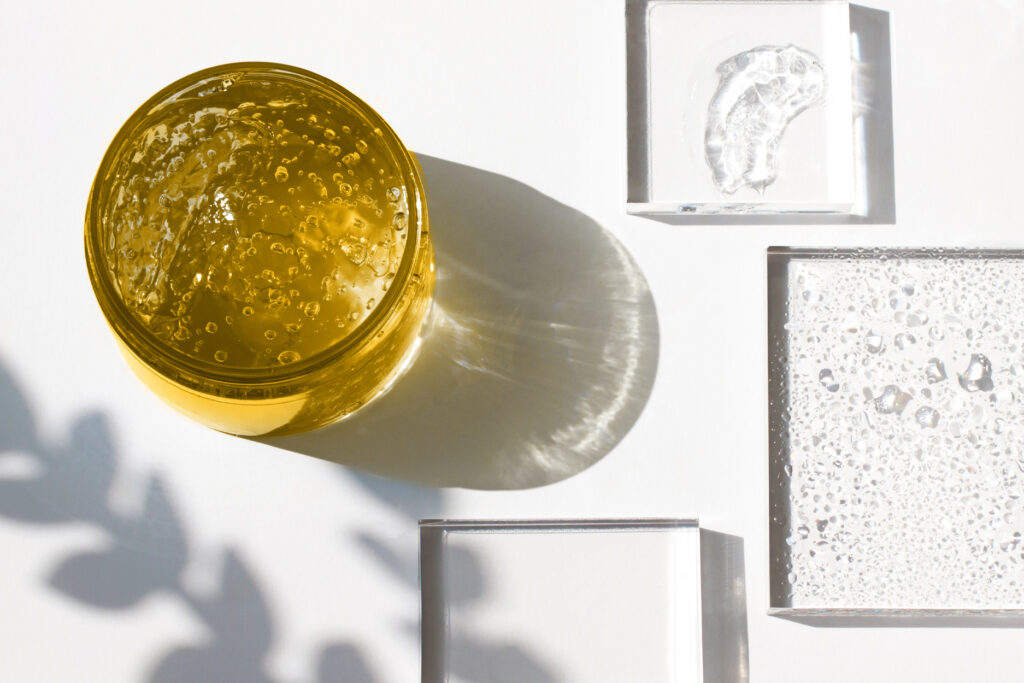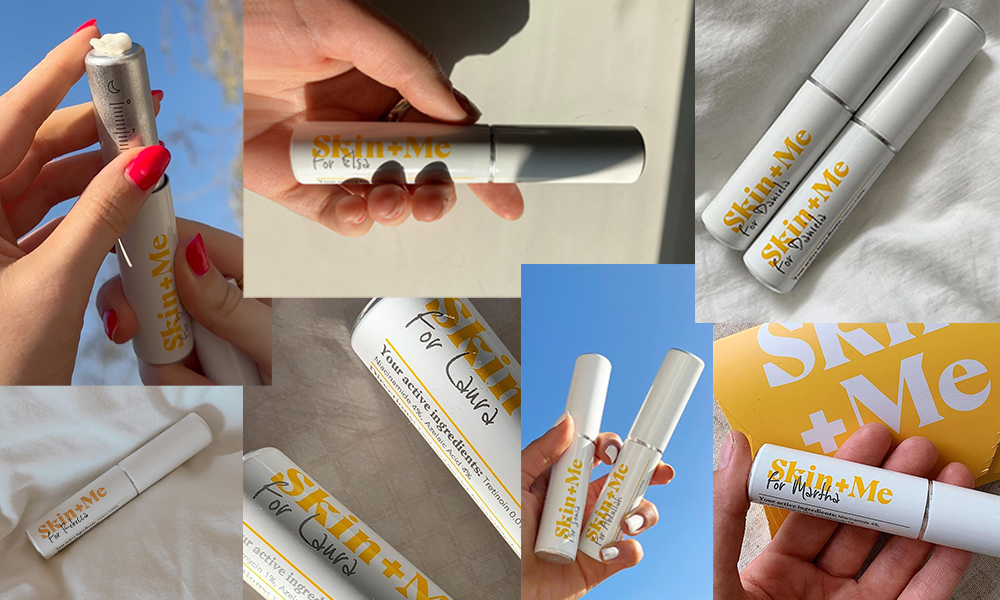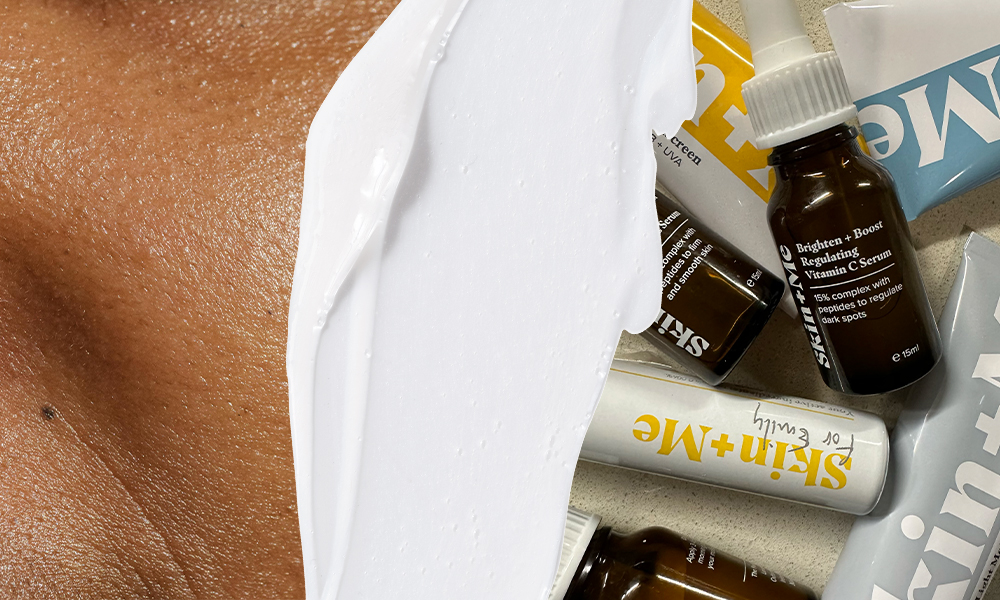What Is Single-Dose Skincare?

Like and share the article here:
Ask a Dermatologist: What Ingredients are in my Skincare?
What do food and face cream have in common? They can both affect the health of our skin and in turn, the use of good quality ingredients in the correct quantity is key.
When it comes to what we eat, we have a ‘traffic light’ system on the packaging. We demand – rightly so – to know the origin and value of every added ingredient.
When it comes to skincare, buzzy key ingredients such as ‘moisture-boosting hyaluronic acid’ may be splashed front and centre of the packaging but a fuller list often takes effort to find.
Knowledge is power. We wanted to get closer to the truth of why ingredient lists for skincare and cosmetics are often so hard to find, and if there are any specific ingredients we should avoid based on our skin type. We spoke to Consultant Dermatologist, Dr Malvina Cunningham for her take on skincare ingredient transparency and how we can understand the products on our bathroom shelves better.
Skin + Me: You often can’t see the ingredients list on packaging at a glance. Why are ingredient lists for skincare and cosmetics so often hard to come by?
Dr Malvina Cunningham: Every company is obliged to be able to show you an ingredients list. Sometimes you may need to contact the company directly to obtain the full ingredients list.
Skin + Me: All our products are cruelty-free and we believe that understanding the origin of ingredients is important to make better skincare choices for us and the planet. That’s before we get onto differences in skin type and sensitivities around specific ingredients. Why from a dermatology perspective, is it important to know what’s in our cosmetics?
Dr Malvina Cunningham: The most obvious reason to know more about what’s in your products is if you have an allergy or intolerance to a particular ingredient.
If an allergy is confirmed your dermatologist usually advises you on what products to avoid but this is general advice. Often you need to study the ingredients list in detail or even contact the company (for example, if not every fragrance is listed) or maybe some ingredients are lumped under an umbrella term.
Skin + Me: Are products that disclose percentages of active ingredients better than ones that don’t?
Dr Malvina Cunningham: Percentage is one part of the equation but it’s a bit more complicated than that. It also depends on the total formulation and the type of product on your shelf. The same percentage ingredient in a leave-on versus a wash-off product will have different effects.
Skin + Me: Are there any ingredients we should avoid?
Dr Malvina Cunningham: If you have a medical condition such as eczema, you might have to avoid certain ingredients on your skin that will flare the condition. If you’re pregnant and temporarily need to avoid certain ingredients you also need to be careful. Here, your doctor will be able to give you guidance. Unfortunately, even products marketed for use with eczema are not always suitable – it really is a minefield sometimes.
There are also other examples – people with sensitive skin may also want to avoid skincare containing fragrances and higher concentrations of alcohol. People with a tendency to breakout may also want to avoid products with high levels of silicones that can clog their pores.
What’s in your Daily Doser?
Your active ingredients are mixed into a cream that has unique antioxidant and moisturising properties.
⭐ Non-greasy and non-comedogenic
⭐ Vegan, made from oil with plant sources, and always cruelty-free
⭐ Fragrance-free, sulphate-free with Vitamin E
Head of Medical at Skin + Me, Dr Jason Thomson lists the ingredients in your Daily Doser for clarity:
“Depending on an individual’s prescription, their personalised solution could contain two to three of our active ingredients, tretinoin, azelaic acid, niacinamide and clindamycin.
Our base cream for solutions that don’t contain tretinoin contain: aqua (water), carthamus tinctorius oleosomes, polyacrylate-13, polyisobutene, sodium carbomer, polysorbate 20, tocopheryl acetate, benzoic acid and sorbic acid.
For solutions that do contain tretinoin: Aqua (water), carthamus tinctorius oleosomes, polyacrylate-13, polyisobutene, sodium carbomer, gluconolactone, polysorbate 20, sorbitan isostearate, benzoic acid, sorbic acid, tocopheryl acetate, sodium benzoate. All treatments containing tretinoin will also contain the antioxidant BHT (butylated hydroxytoluene).”
Our Personalised Solutions expire 28 days after their start date.
Medical facts checked by Head of Medical, Dr Jason Thomson and Consultant Dermatologist, Dr Malvina Cunningham
New to Skin + Me? Click here to start your healthier, happier skin consultation.
On your Skin + Me journey? Learn more about our Invite a Friend Charity initiative here



